Polyurethane Foundation Crack Repair
Over 95% of residential foundation basement cracks are non-structural – the only problem is the seepage of water. A polyurethane concrete crack injection does not add structural strength; it just forms a barrier impenetrable to water. Polyurethane resin remains flexible, which allows for continuous natural movement of the concrete due to thermal shrinkage and expansion or settling.
Get a quote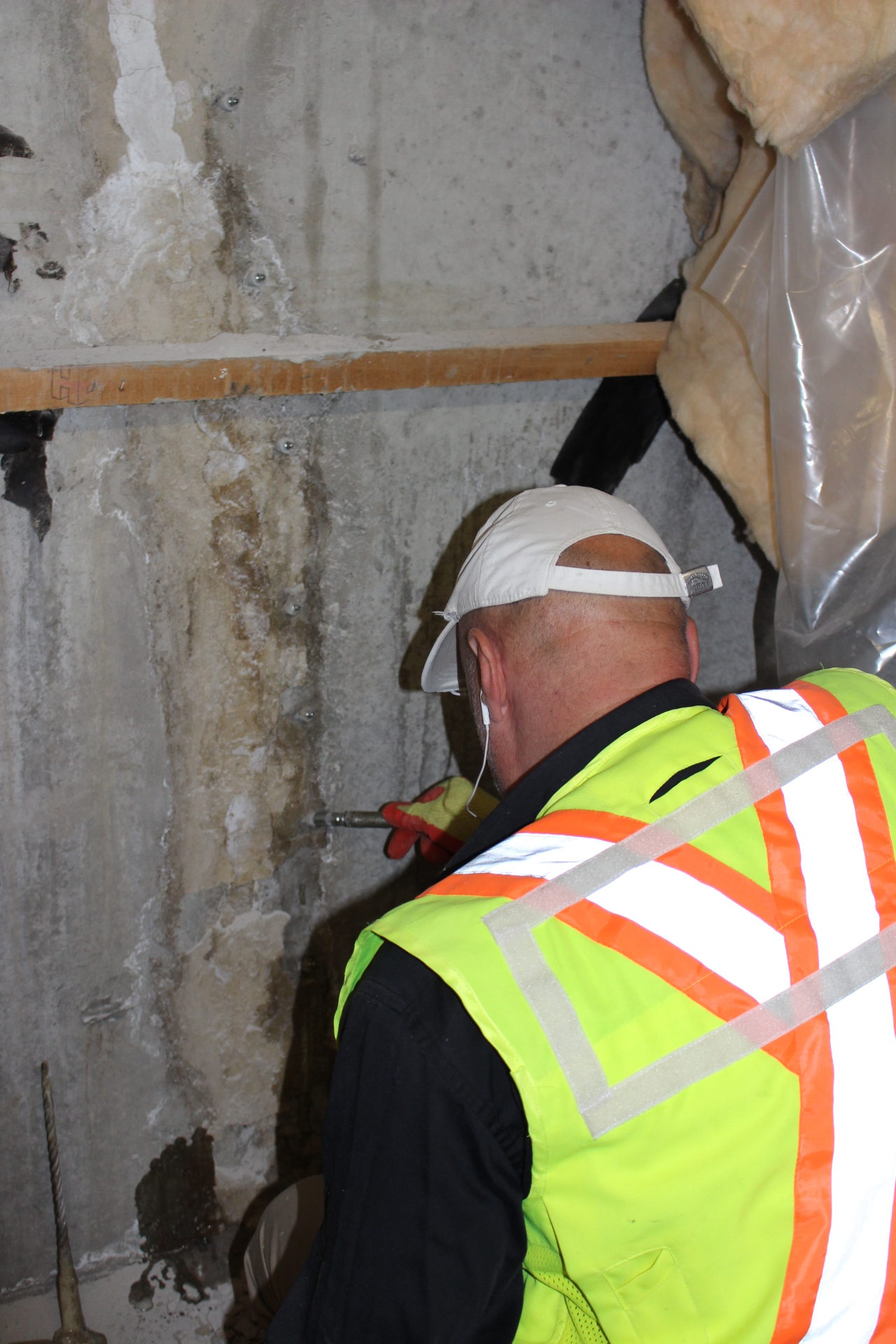
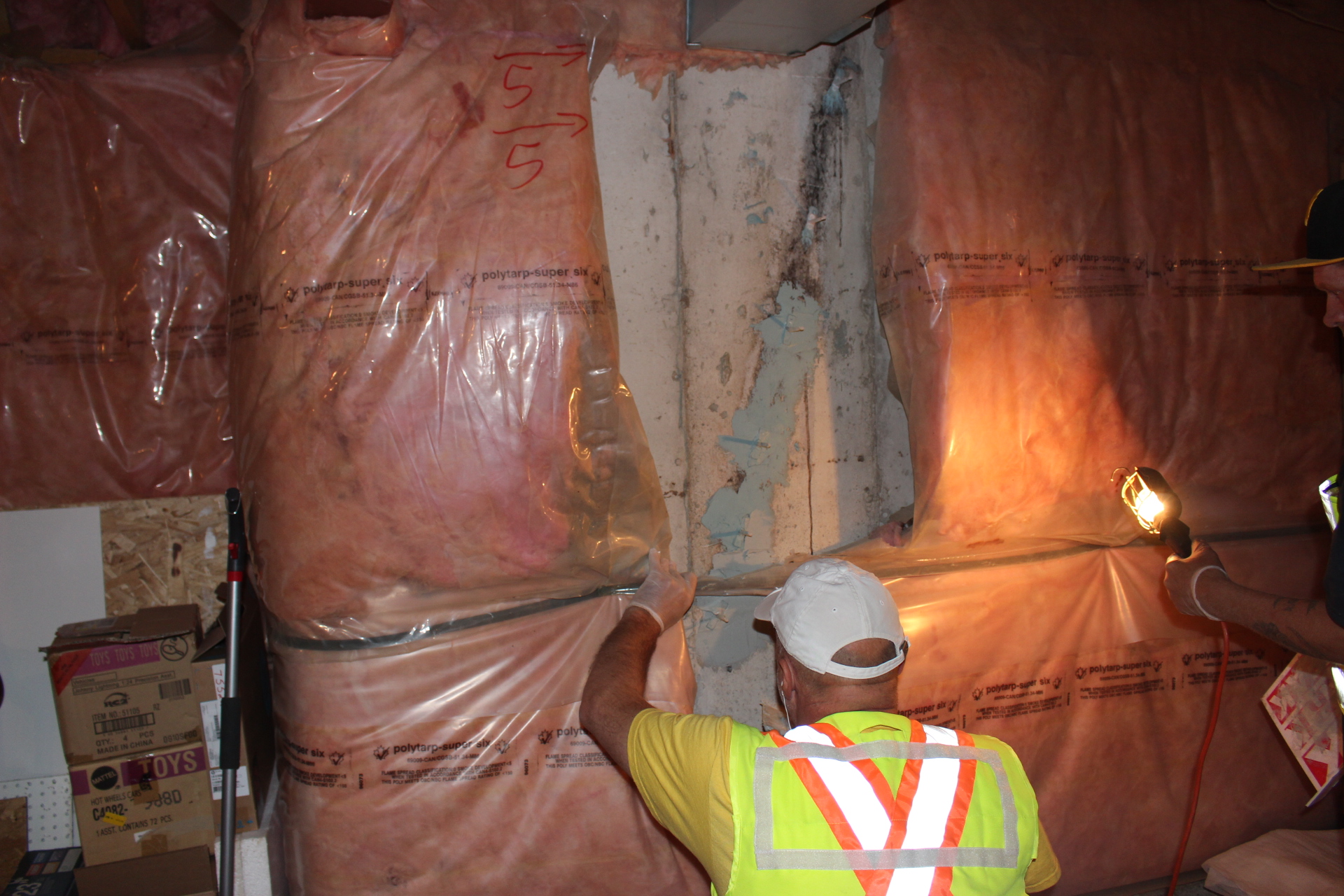
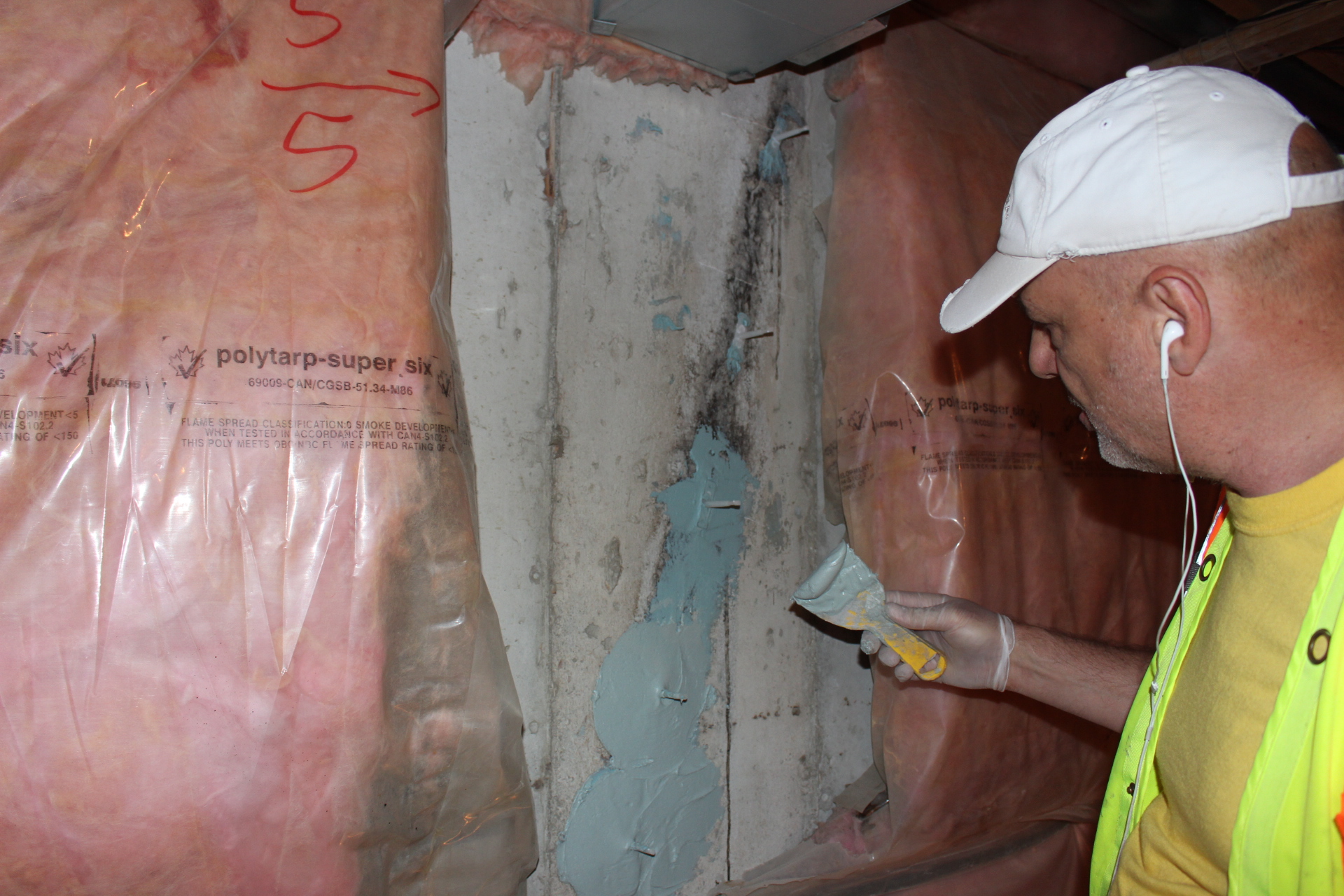
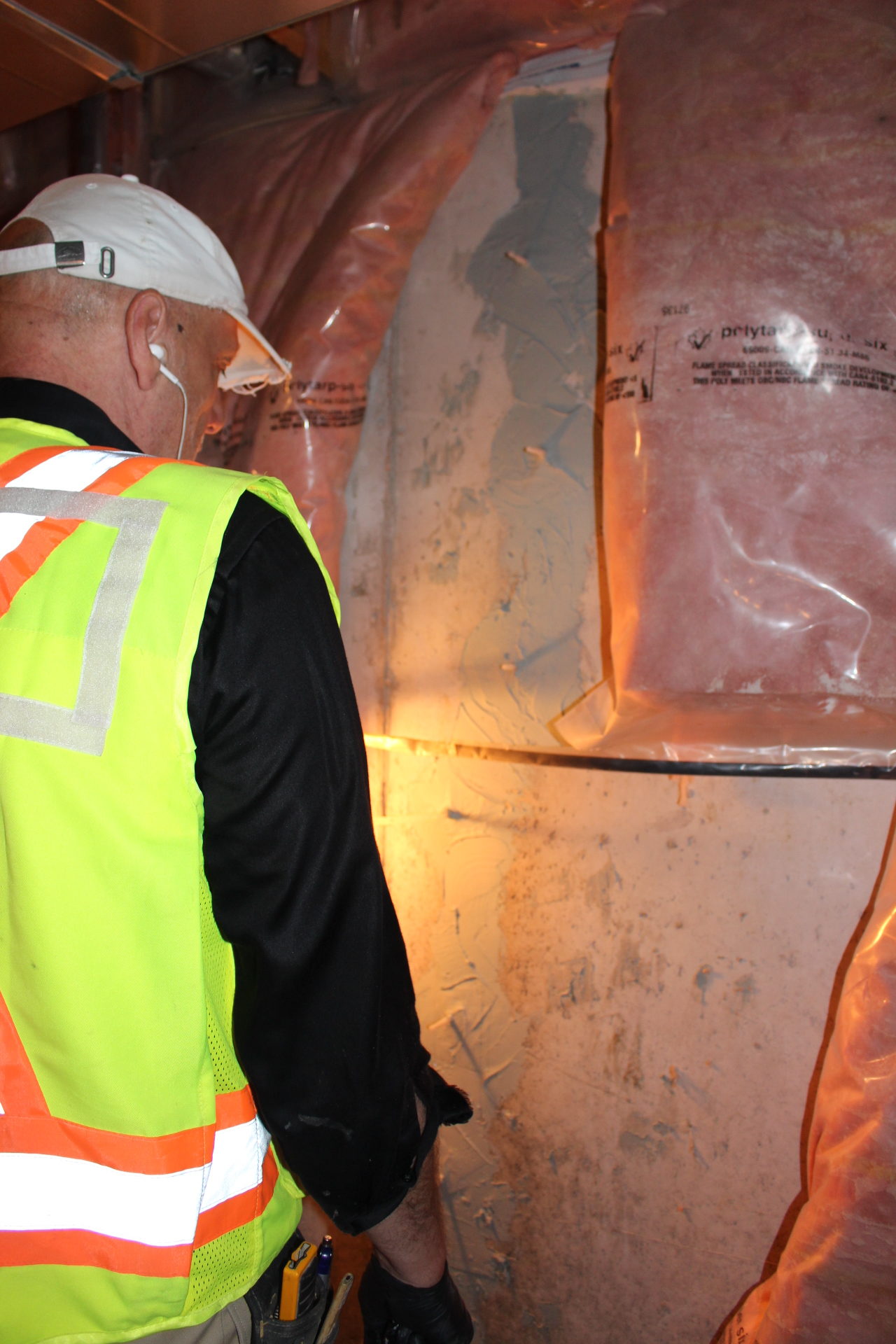
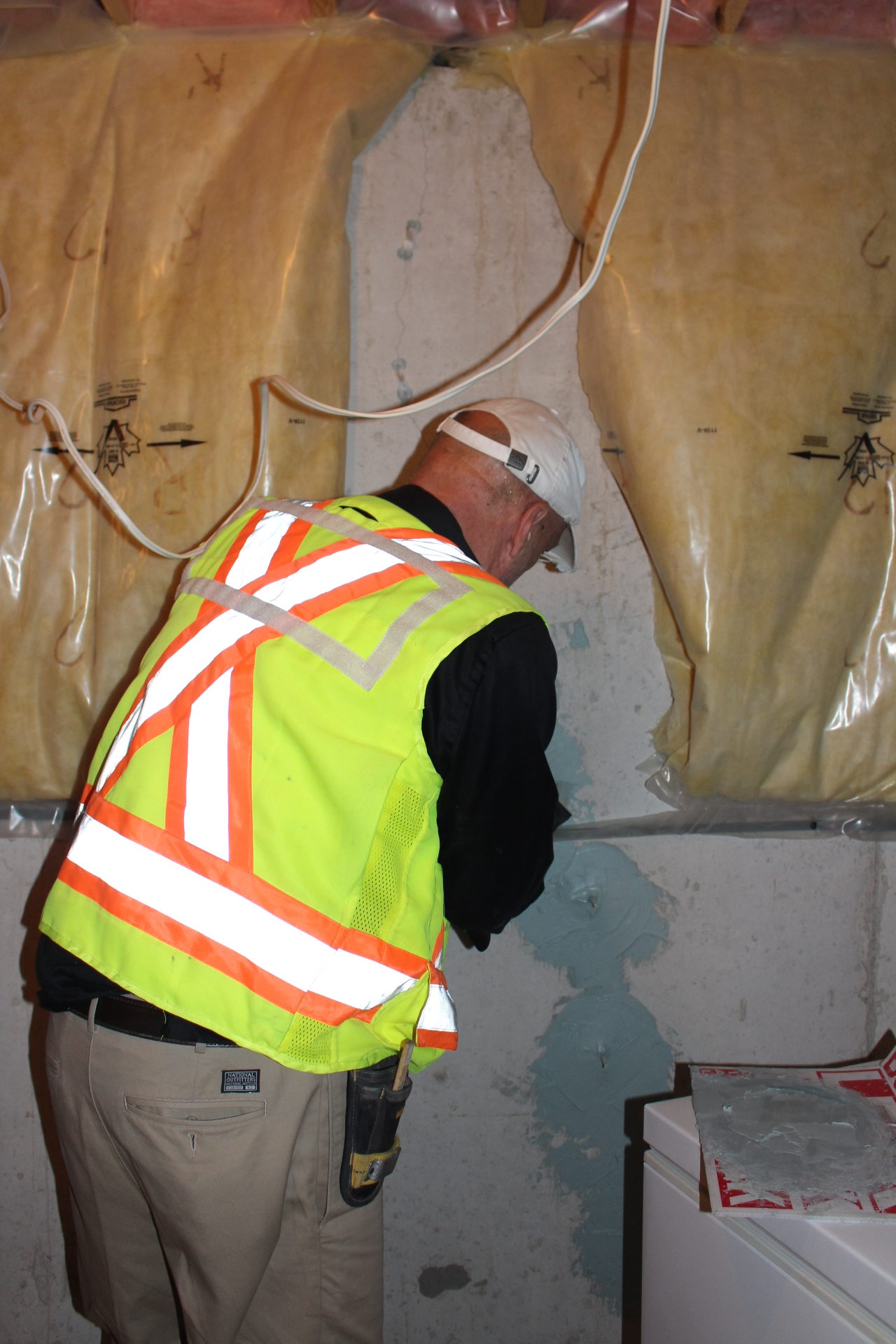
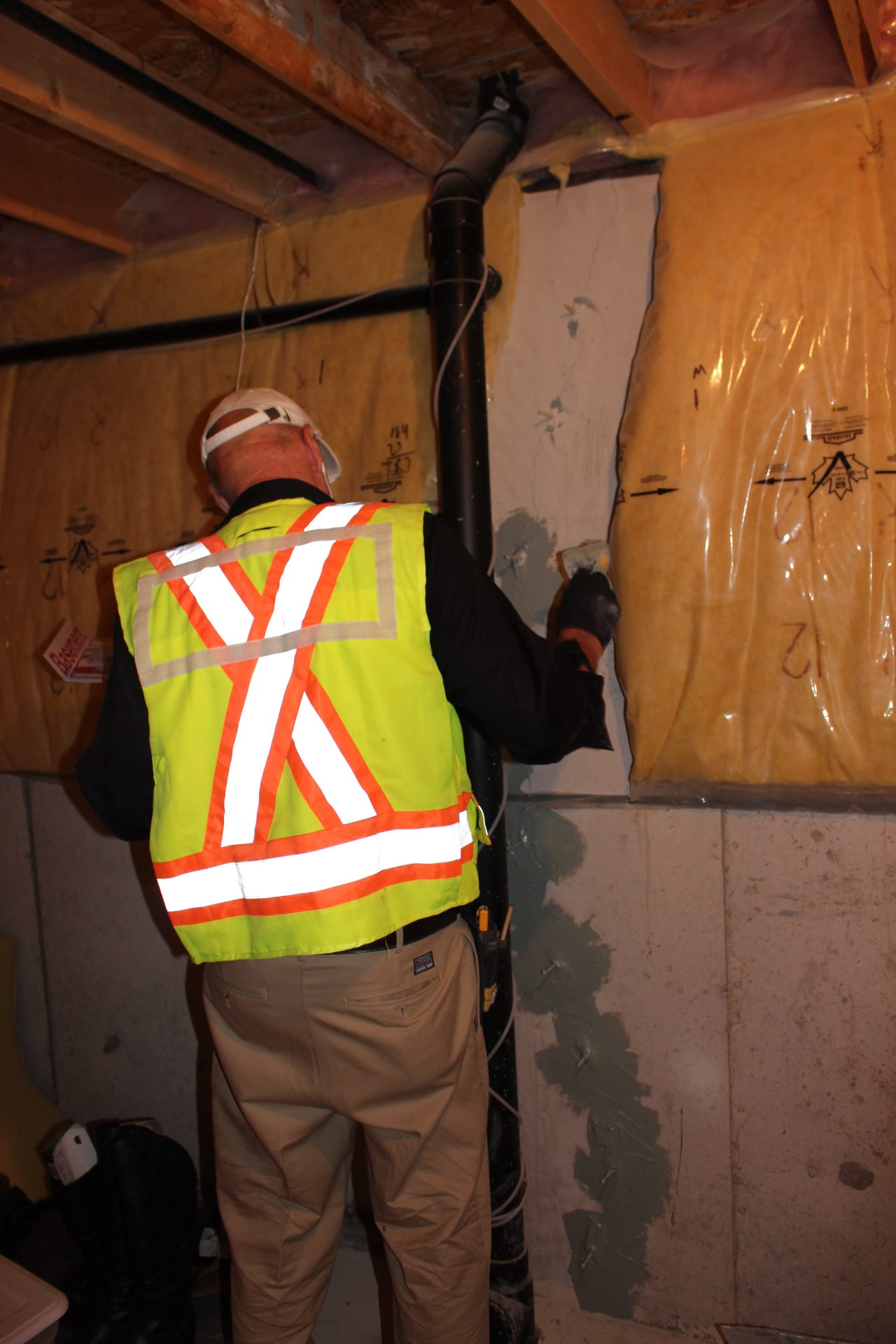
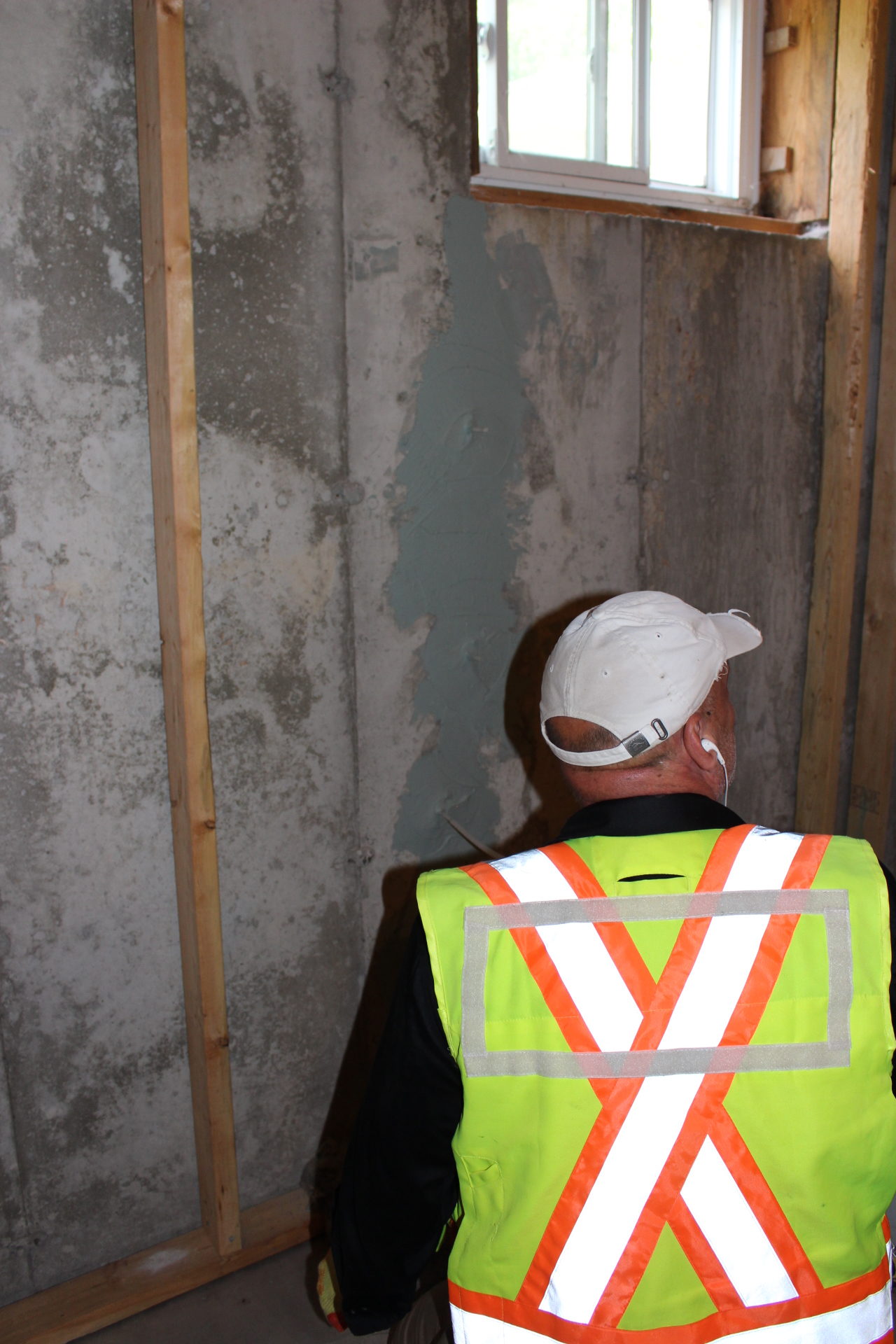
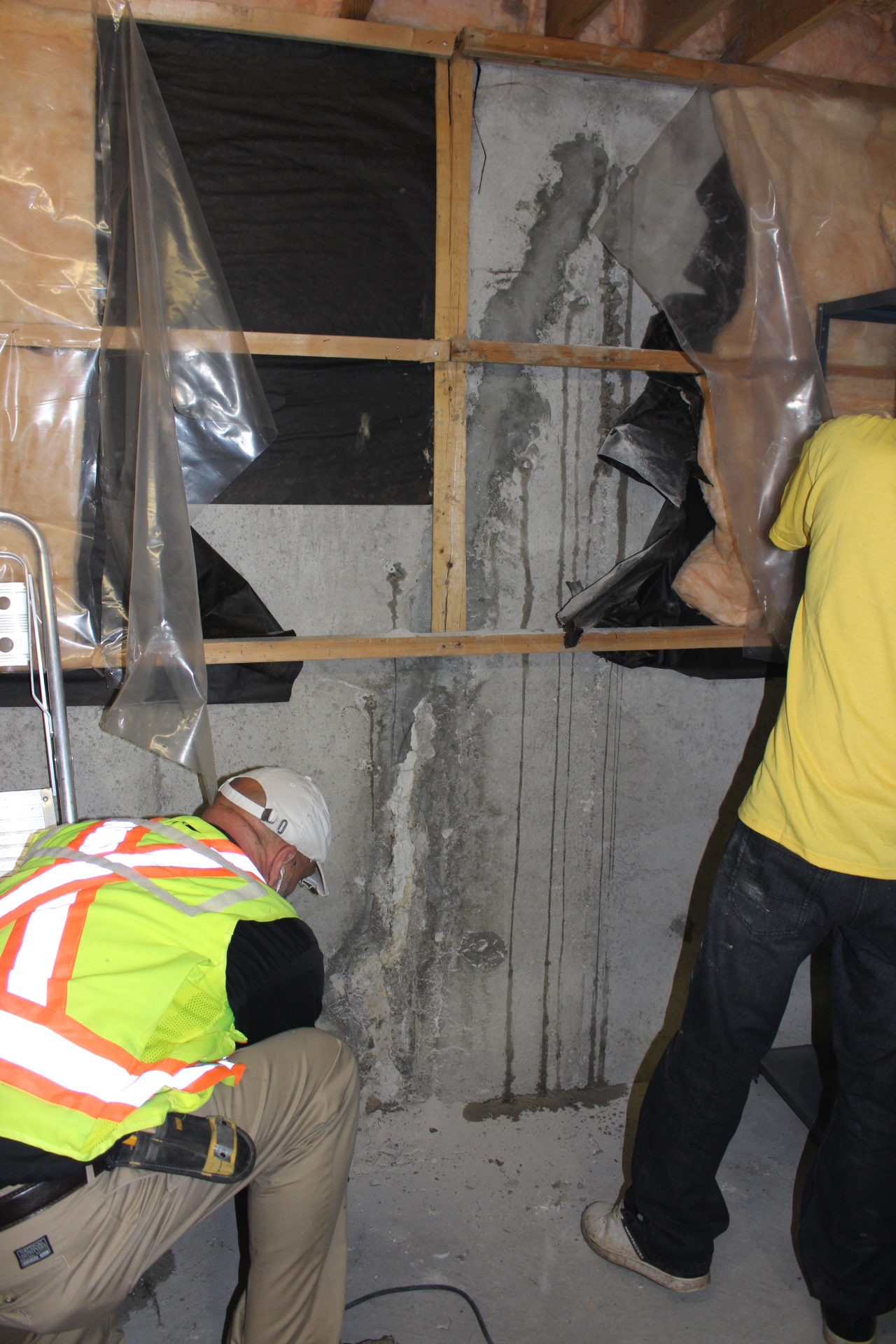
.jpg)
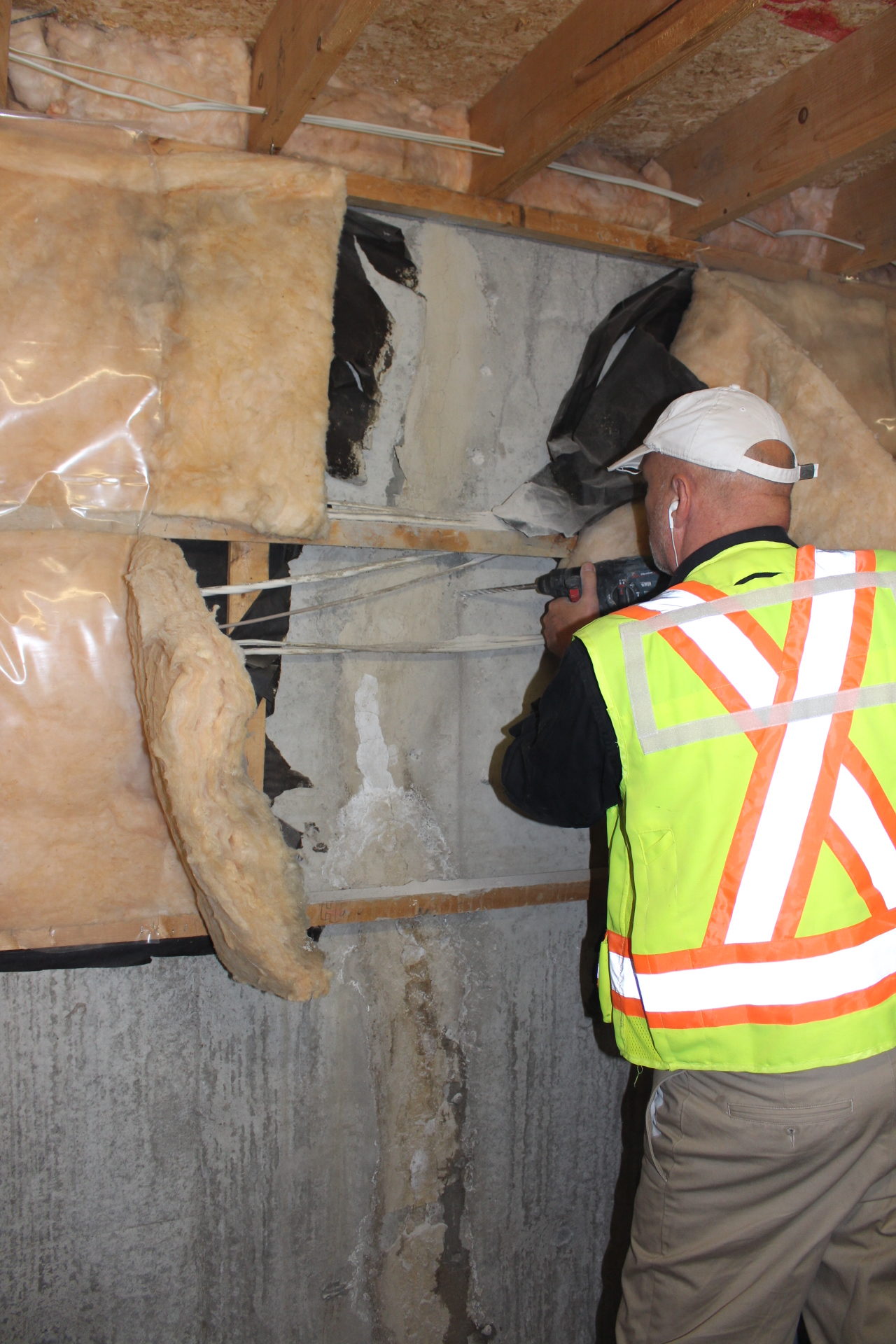
Polyurethane Crack Repair
Over 95% of residential foundation basement cracks are non-structural – the only problem is the seepage of water. A polyurethane (Ashpark™) concrete crack injection does not add structural strength; it just forms a barrier impenetrable to water. Polyurethane (Ashpark™) resin remains flexible, which allows for continuous natural movement of the concrete due to thermal shrinkage and expansion or settling.
It bonds tenaciously to dry or wet concrete. It can be used to repair wet or even leaking cracks. The polyurethane polymer (Ashpark™) forcefully expands, which ensures that the full depth and length of the crack is filled. It fills cracks in walls up to 24 inches thick. Polyurethane can expand over 20 times its volume. If there is a void on the backside of the wall, it will fill it too – there is no way for water to ever find the crack again. If the crack in the foundation wall is above ground, then we will seal the crack on the other side temporarily with a caulk. The polyurethane polymer has low viscosity to fill hairline cracks but expands to fill wide cracks (up to 3/4 inch). We use the highest-quality two-component polyurethane. There are inexpensive single-component polymers on the market but they are not suitable for repair of foundation cracks subjected to water pressure. We use hydrophobic polyurethane, which repels water. In contrast, hydrophilic foams absorb water and when allowed to repeatedly dry out, like in a basement, they release the water molecules and slowly crumble. Polyurethane (Ashpark™) can also be used to create a water-resistant seal in rod holes, cold joints, electrical conduits, septic projections, well/water lines, and many other applications providing done by a trained technician and with a extreme quality materials (Ashpark™) if done incorrectly this may totally impede any future successful professional repairs.







